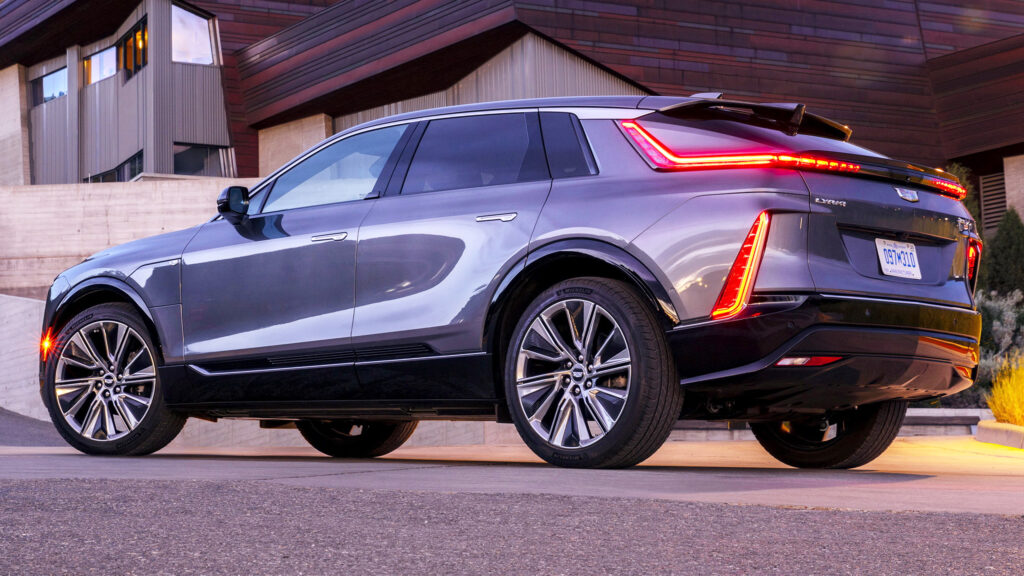Key Points of the Situation
Global Context and Implications
It is becoming increasingly evident that China has captured leading positions in the global race for innovations in electric vehicles and battery technologies. The cancellation of large-scale grants introduced under the Biden administration may further expand this advantage.
Scale of Cancellations
Just at the beginning of October, the Department of Energy canceled over $700 million in awards intended to support domestic battery and manufacturing projects. The timing and scale of these cancellations have caused outrage both in the industry and in Washington.
Behind the scenes, reports are emerging that this may only be the beginning. A list of projects that could become targets of the Department of Energy is circulating among lobbyists, indicating the possibility of canceling awards worth up to $20 billion.
Affected Companies
The recently confirmed list by the Department of Energy included $700 million in grants previously awarded by the previous administration to battery manufacturers Ascend Elements, American Battery Technology Co, Anovion, and ICL Specialty Products. A grant for glass manufacturer LuxWall was also canceled.
Official Justification for Decisions
A spokesperson for the Department of Energy, Ben Dieterich, stated that the projects “did not meet key milestones, and it was determined that they do not sufficiently advance the country’s energy needs, are not economically viable, and will not provide a positive return on investment for taxpayer funds.”
The cancellation of these grants affects plans for the construction of large plants in states such as Missouri and Kentucky.

Specific Projects and Their Funding
Of the $700 million in grants, $316 million was allocated to Ascend Elements to support the production of components from recycled electric vehicle batteries at a $1 billion plant in Kentucky.
Additionally, $57.7 million was intended for American Battery Technology to support the construction of a plant in Nevada for the production of lithium hydroxide for batteries. Another $117 million was provided to Anovion to support the production of synthetic graphite for lithium-ion battery anodes.
Position of the Department of Energy Leadership
Energy Secretary Chris Wright, who is believed to be coordinating many of these cancellations, noted: “If they don’t serve the interests of taxpayers, if they are not a good use of money, you always have the option to cancel these projects.”
Political Reaction
As expected, Democrats quickly expressed their opposition. In a sharp letter to Wright, 37 Democratic and independent senators accused the Department of Energy of overstepping its authority.
“The illegality of your cancellations is the only thing as indisputable as the harm your cancellations will cause,” the letter stated. The lawmakers argued that the agency “must spend these funds and faithfully execute the law, including numerous programs that have strict spending timelines, objectives, and contractual expectations.”

These events are unfolding against the backdrop of intensifying competition between the US and China in strategically important technological sectors. The decision to cancel funding could have long-term consequences for the country’s industrial development and its positions in the global electric vehicle market. Many experts point out that lagging in the development of own battery production capacities could make the American automotive industry dependent on imported components in the future.


 by
by 
